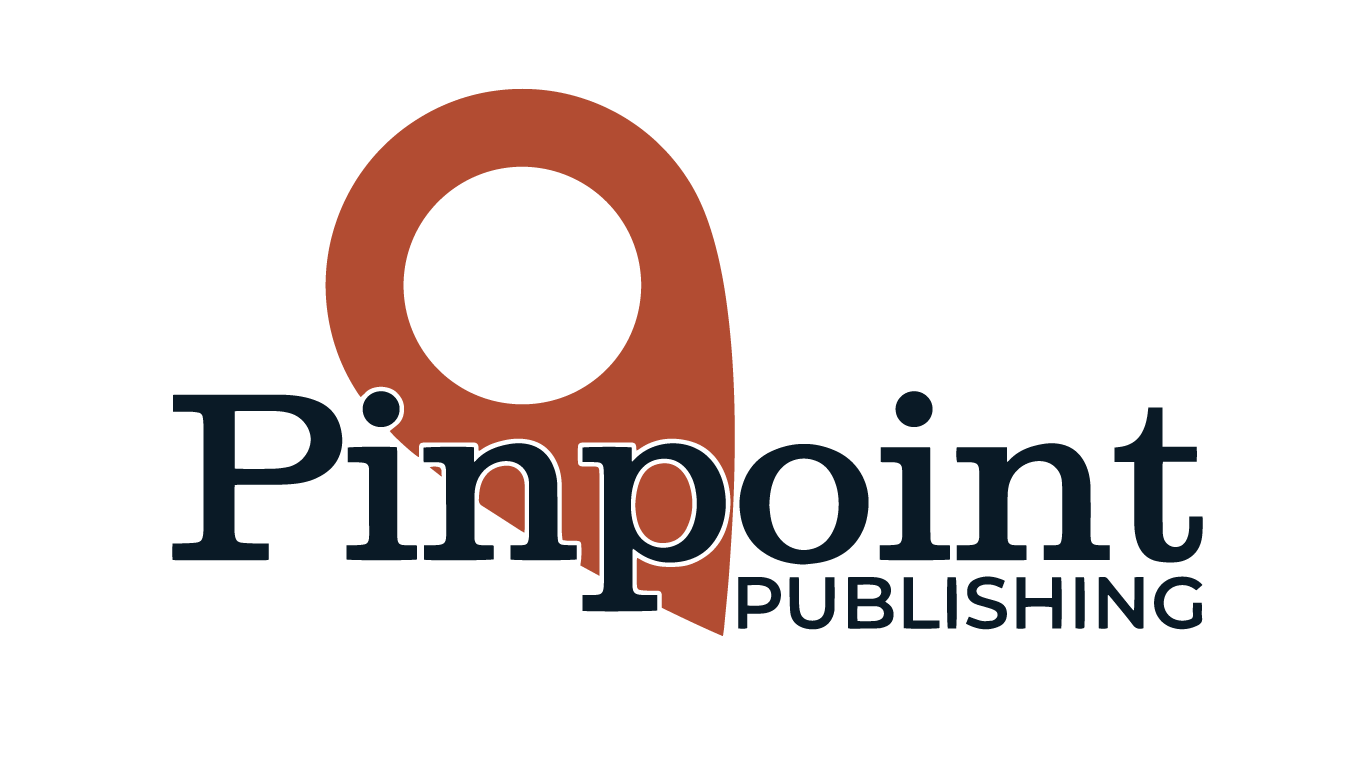Choosing a book title seems simple enough, until you have to do it. Suddenly, every idea feels too vague, too long, too cliché, or just not quite right.
At Pinpoint Publishing, we know your book title is one of the most important decisions you’ll make. It’s the first thing people see, the reason they pick up your book (or don’t), and a major factor in how it sells. A good title isn’t just catchy. It connects with your audience and tells them exactly what to expect.
So, how do you find the right one? Here are a few key things to consider.
1. Be Clear, Not Confusing
Your title should make it obvious what your book is about. If someone has to guess, they’ll likely move on to the next book.
Good Example: Atomic Habits – You know it’s about habits.
Weak Example: The Path – A path to what? Success? Faith? Fitness? It’s too vague.
A strong title immediately connects with your reader. If someone saw it with no context, would they understand what the book is about? If not, keep refining.
2. Keep It Short and Memorable
A long title gets forgotten. A short one sticks. If you look at bestsellers, most of them are one to five words.
Examples:
- Dare to Lead
- The Night Circus
- Grit
For non-fiction, if you need more explanation, a subtitle can do the heavy lifting.
Example: Never Split the Difference: Negotiating As If Your Life Depended On It
3. Use Emotion or Curiosity
Titles that make people feel something will always be more powerful. Think about books that pull you in before you even know what they’re about.
For fiction, intrigue works best.
Examples:
- Where the Crawdads Sing
- The Silent Patient
For non-fiction, you want to spark an emotional reaction.
Examples:
- You Are a Badass
- Can’t Hurt Me
If your book is about transformation, struggle, or inspiration, choose words that make people stop and think.
4. Make Sure It’s Searchable
Your book title isn’t just on the cover. It’s how people find your book online.
Check Amazon and Google to see if similar books already exist. If your title is too common, your book will get lost in the search results.
For non-fiction, keywords are important. Think about what people would type into Amazon if they were looking for a book like yours.
Examples:
- How to Win Friends and Influence People – The title tells you exactly what the book will help you do.
- The 4-Hour Workweek – It implies time management, passive income, and lifestyle freedom.
For fiction, uniqueness matters more than keywords. You want something that stands out.
5. Test It Before You Decide
Sometimes what sounds good in your head doesn’t hit the same way when other people hear it. Before finalizing your title, test it out.
Ways to test your title:
- Ask friends, family, or fellow writers what they think
- Post a poll in a writing group or on social media
- A/B test different titles and see which one gets the best reaction
6. Use a Subtitle If It Helps
If your main title is intriguing but not clear enough, a subtitle can add clarity. This is especially useful for non-fiction.
Examples:
- Deep Work: Rules for Focused Success in a Distracted World
- Educated: A Memoir
- Outliers: The Story of Success
For fiction, subtitles aren’t common, but if you’re writing a series, you might use one to clarify the book’s place in the series.
The Right Title Makes All the Difference
A great title is clear, memorable, and intriguing. More importantly, it fits your book. Take your time, test different options, and trust your instincts.
At Pinpoint Publishing, we help authors with everything from choosing the perfect title to formatting and publishing. If you’re struggling with your book title or any part of the publishing process, we’re here to help.
Need help with your book? Let’s talk.






0 Comments